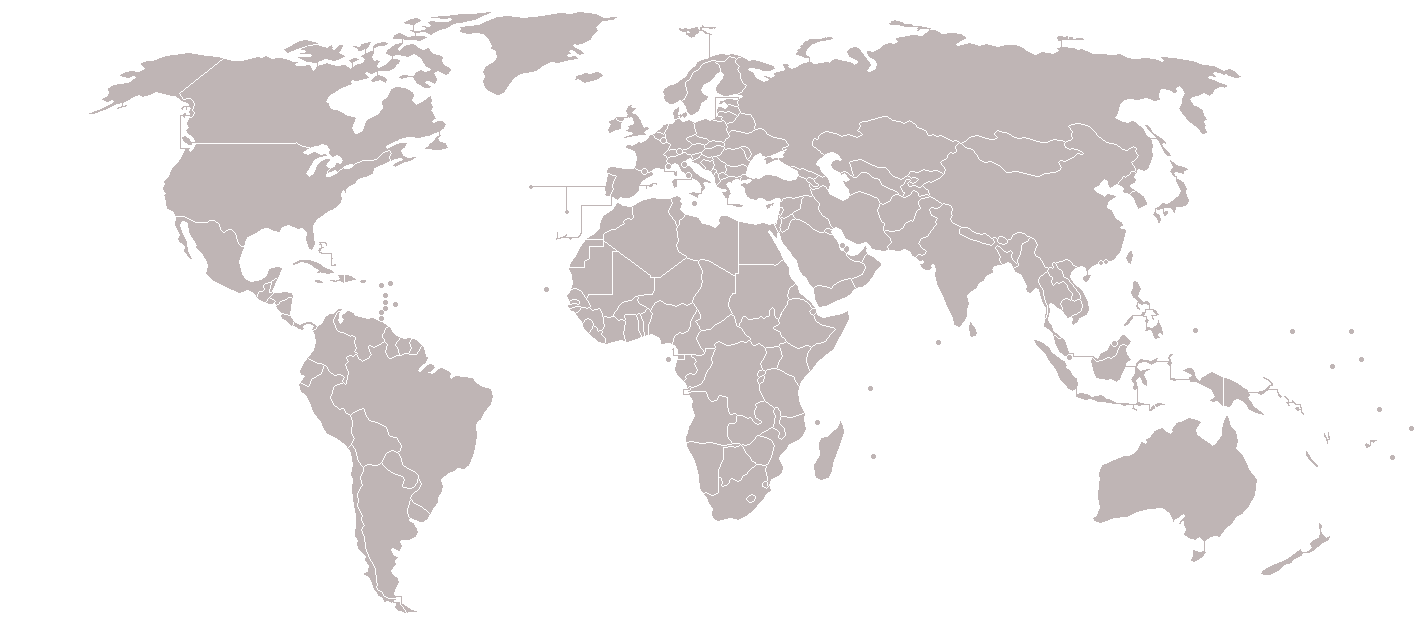Whether you’re starting a business or expanding your existing company, Europe stands out as a lucrative and strategic destination to explore. With its varied economies, diverse cultures and robust markets, it can meet the needs of businesses across a range of industries. However, with over 40 countries in Europe, each offering different opportunities and challenges, deciding the best place to set up a company can be a daunting task.
The right choice is influenced by an interplay of factors, from market potential to financial considerations. In this post, we have explored some of the considerations that will help determine the most suitable European location for your business.
Economic Stability and Market Size
One of the main factors in choosing a European country for business setup is its economic stability and market size. Counties that offer large, stable markets with strong economies are ideal for businesses seeking a reliable and expansive customer base. They provide a solid foundation to help you establish a long-term presence, supported by established financial systems and predictable market trends. On the other hand, smaller but rapidly growing countries are perfect for businesses looking for growth opportunities and less saturated markets. These emerging economies often present more flexible market conditions, which are attractive for innovative and agile business models.
Corporate Tax Rates and Incentives
Tax rates play a significant role in determining the cost-effectiveness of setting up a business. Some countries are known for their low corporate tax rates, making them attractive for businesses aiming to optimise their tax liabilities. Others offer tax incentives that enhance their appeal to foreign companies looking to invest in expansions, which can provide significant financial advantages and support business growth. It’s crucial to learn more about tax rates and incentives before deciding which country is best suited to your needs. This is something that will continue to impact your business for years to come.
Business-Friendly Regulations
The ease of doing business is another crucial factor. This encompasses the regulatory environment, ease of company formation and ongoing compliance requirements. Some EU countries boast business-friendly regulations and straightforward company incorporation processes, making them a favoured choice for international businesses. A country’s commitment to maintaining a transparent and efficient regulatory environment can simplify business operations too. Don’t overlook employment laws when comparing different countries too as they can have a significant impact on your ability to hire local employees to support day-to-day operations.
Access to Skilled Workforce
The availability of a skilled workforce is essential for any business. Countries with renowned educational systems and vocational training offer a pool of talented professionals in various sectors. These countries are particularly attractive for businesses requiring specialised skills or advanced education, such as technology, finance and engineering. Additionally, a strong emphasis on continuous professional development can be beneficial, ensuring job candidates remain up-to-date with the latest industry trends and advancements, helping to propel your business forward in saturated markets.
Infrastructure and Connectivity
Good infrastructure and connectivity are vital for business operations, especially for those in manufacturing or logistics. Look for countries with well-developed transport networks, shipping ports and digital infrastructure, all of which can be advantageous if you have heavy logistics requirements. Furthermore, countries with advanced digital infrastructures provide a strong foundation for tech-driven businesses, ensuring high-speed internet access and cutting-edge technological resources. This can be a key differentiating factor if you’re searching for a country that supports your forward-thinking approach.
Cultural Compatibility and Language Barriers
Cultural compatibility and language can significantly impact business operations, especially in customer-facing industries. While English is widely spoken in most European business circles, being able to speak the local language can be a key factor in some markets. Understanding local business etiquette, negotiation styles and consumer preferences can be the difference between success and failure in a new market. In countries with a high emphasis on local language and culture, you might need to invest more in localisation and cultural training to effectively navigate the market.
Living Standards and Quality of Life
The overall quality of life and living standards can influence employee satisfaction and retention when setting up a company in Europe. Countries with high living standards may offer a more appealing environment for expats and local employees. These countries often boast excellent healthcare, education and entertainment facilities, making them attractive to businesses looking to offer employees a good work-life balance. Of course, the overall social stability and safety in different countries can be appealing or off-putting for international talent, impacting your ability to attract and retain new employees.
Proximity to Suppliers
The geographical location of your supply chain and target customer base is a strategic consideration. For businesses looking to serve the whole EU market, central European countries offer excellent access to the rest of the continent. Their location makes them ideal for distribution and logistics operations, providing efficient access to major markets across the continent. Not to mention, being in close proximity to suppliers and customers can reduce transportation costs, enhance supply chain efficiency and enable quicker response times to market changes. This is crucial in today’s fast-paced business environment.
Choosing the Best Place to Set Up a Company in Europe
All in all, determining the best place to set up a company in Europe requires a thorough analysis of various factors. Each European country offers unique advantages and challenges, and the most suitable choice depends on your specific business needs, industry and long-term goals. Careful consideration of all of these factors will guide you in making an informed decision, ensuring your European venture is both successful and sustainable.
To find out more about setting up a company in Europe, explore the OpenAEuropeanCompany.com website today. We provide a unique range of services and can provide you with a step-by-step guide to the European formation process. With years of experience supporting both small businesses and large corporations, you can be confident in our ability to deal with complex incorporations on your behalf. We are well versed in doing successful business in Europe and our multilingual staff are familiar with company law across the continent. We look forward to assisting you with your next formation.









